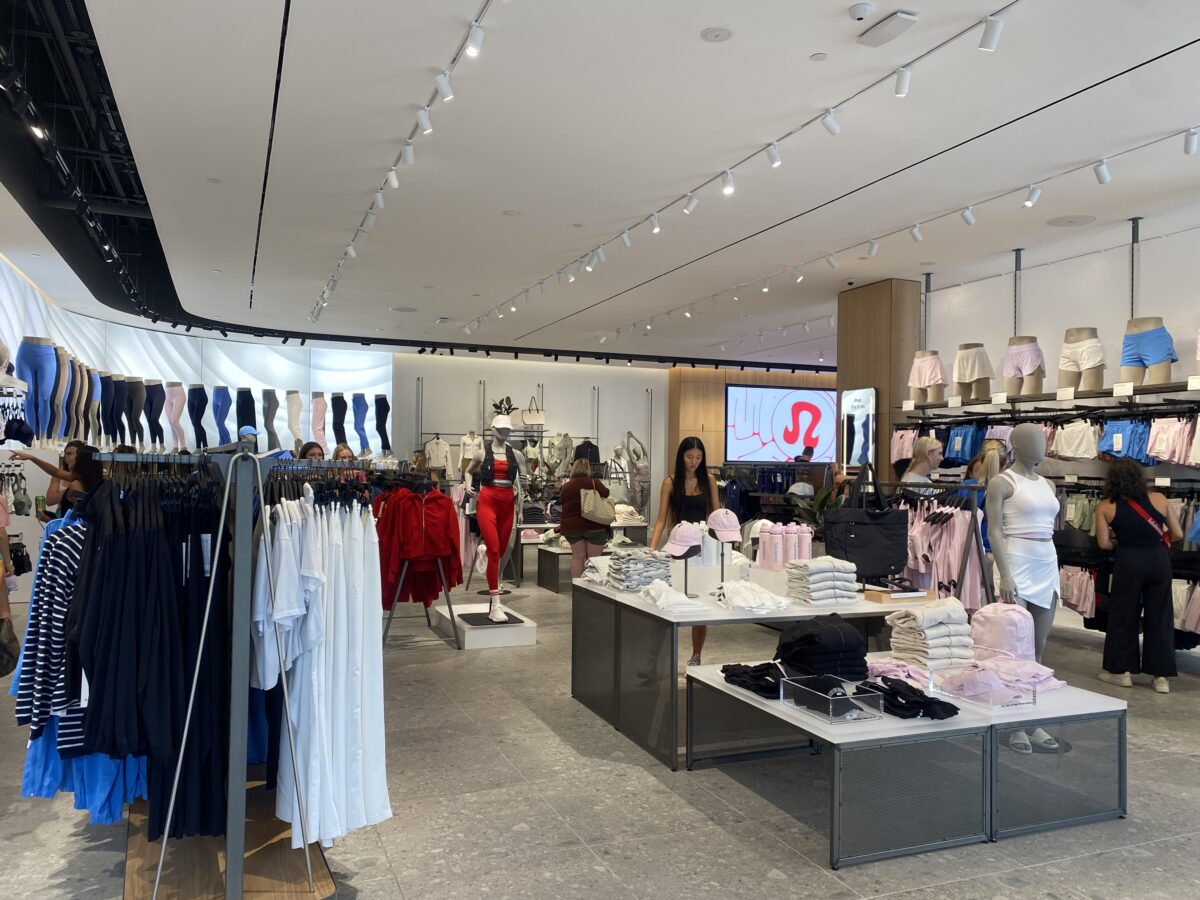Alabama water protection groups want swimmers to be safe
Reading time: 3 minutes

This week, Alabama water protection groups renewed their call for comprehensive rules establishing minimum standards of public notification when sewage spills occur.
In March of 2017, Waterkeepers Alabama (Black Warrior Riverkeeper, Cahaba Riverkeeper, Choctawhatchee Riverkeeper, Coosa Riverkeeper, Hurricane Creekkeeper, Little River Waterkeeper, Mobile Baykeeper, and Tennessee Riverkeeper) worked with the Alabama Rivers Alliance to file a petition for rulemaking with the Environmental Management Commission to improve the minimum requirements imposed on sewage treatment facilities for public notification of sewage spills.
The petition came on the heels of a study by the river protection groups identifying 1271 sewage spills in 2016.
Bham Now Story: Spot the two boys in the photo? They were swimming downstream of a 4000 gallon sewage spill… nobody told them
Although the Commission denied the petition, they agreed to work with ADEM and the public to determine the need for additional notification rules.

In a news release this week, Waterkeepers Alabama and the Alabama Rivers Alliance announced that they have again asked the EMC to amend their regulations to strengthen public notification about sewage spills. The groups want to ensure that every swimmer and fisherman has the best information available to make informed decisions enabling them to stay safe.
Their requests include:
- 12 hours to notify public if spill is “notifiable sanitary sewer event”
- Physically post site, affected areas (defined) after sewage spill
- Social media and news media notification
- Opt-in list for email, text and/or telephone notification
- An enforceable response plan to incorporate these requirements
“Alabamians will not be able to make informed decisions about water recreation until Alabama has a sewage spill notification system that combines state and local components with a clear, detailed, and enforceable plan,” said Eva Dillard, staff attorney, Black Warrior Riverkeeper.
Be informed – Join the Swim Guide
How can you advocate for clean water and public notification about spills?
In the Coosa Watershed, the Coosa Riverkeeper has developed a Swim Guide – a project that informs the public about the status of the waters pollution/health-wise throughout watershed. The Guide was launched on May 4th. Learn about the Swim Guide – HERE.
And, if you travel to the beach and the gulf regularly this summer, you might also want to sign-up for the Mobile Baykeeper Swim Guide. Check it out – HERE.
Finally, connect with your local water protection group and get involved.
Here is a directory of Alabama clean water groups.



